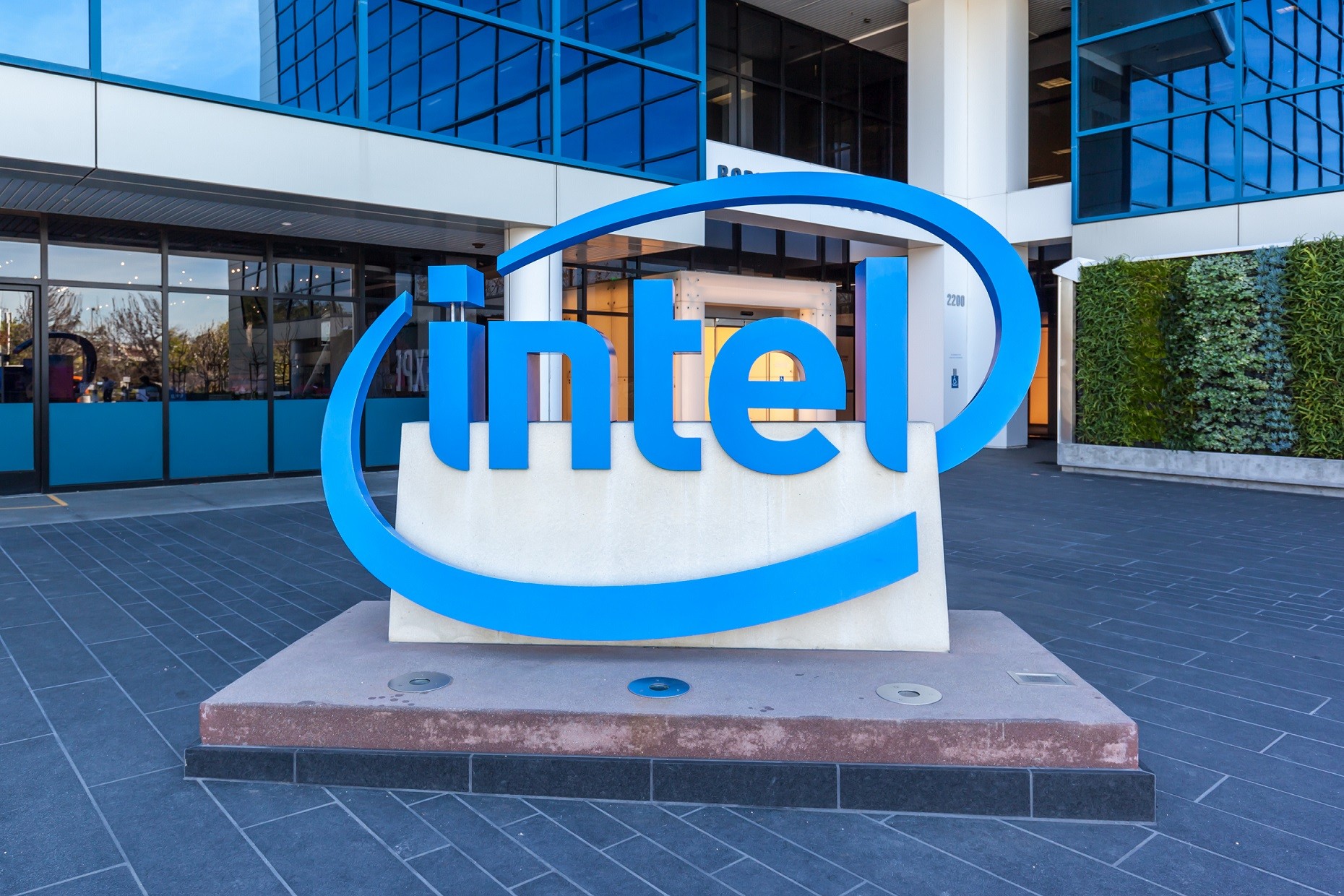Intel Q3 Revenue Beyond Expectations, Restructuring Costs Weigh on Results
CEO Pat Gelsinger pointed out that although the transformation has been achieved, there is still a long way to go before real success, and the challenges in the coming quarters remain severe.

Q3 Revenue growth exceeded expectations
Intel (INTC) reported revenue of $13.3 billion in the third quarter, higher than the market expectation of $13.03 billion, mainly due to the increase in demand for data center and artificial intelligence (AI) business, as well as the strong performance of the network and edge computing departments. The company's strategic adjustments in core business areas have gradually taken effect, helping Intel to gradually restore its market competitiveness.
Restructuring costs widen losses
Despite revenue performance exceeding expectations, Intel still reported a huge loss of $16.6 billion, a significant increase from $1.61 billion in the previous quarter, far exceeding the $300 million profit in the same period last year, mainly due to the increase in restructuring and asset impairment costs.
CEO Pat Gelsinger said these restructuring costs are "necessary downsizing measures" aimed at optimizing the company's long-term financial health to better adapt to rapidly changing market needs.
Q4 Outlook: Revenue Growth and Intensified Losses
Intel's revenue forecast for the fourth quarter is between $13.3 billion and $14.3 billion, which, if achieved at the midpoint, will be higher than analysts' estimates of $13.66 billion. However, the loss per share is expected to reach 24 cents, significantly higher than the market's expected loss of 12 cents, indicating that the company is still facing short-term financial pressure.
Kissinger pointed out that although the transformation has made progress, there is still a long way to go before it can be truly successful, and the challenges in the next few quarters remain severe.
Extended trading stock price rises but weak performance throughout the year
After the financial report was released, Intel's stock price rose 7% in the extended trading session, reflecting the market's positive response to its revenue exceeding expectations.
However, since the beginning of the year, Intel's stock price has fallen by more than 57%, making it one of the worst performing stocks in the S&P 500 index. The fluctuations in stock prices indicate that investors are still waiting to see whether its restructuring can successfully reverse the decline.
Disclaimer: The views in this article are from the original Creator and do not represent the views or position of Hawk Insight. The content of the article is for reference, communication and learning only, and does not constitute investment advice. If it involves copyright issues, please contact us for deletion.